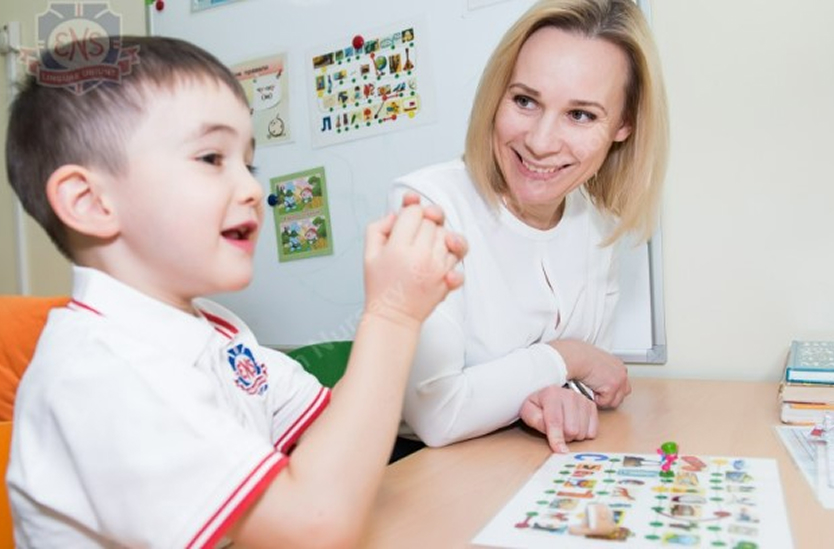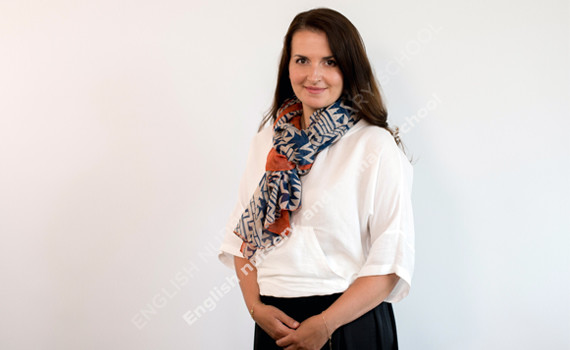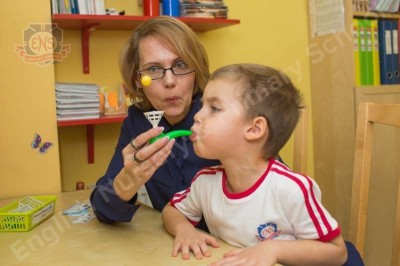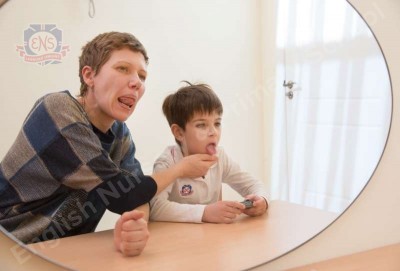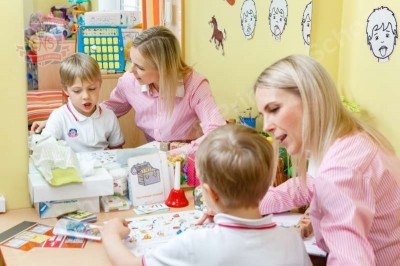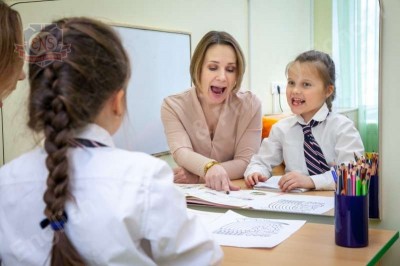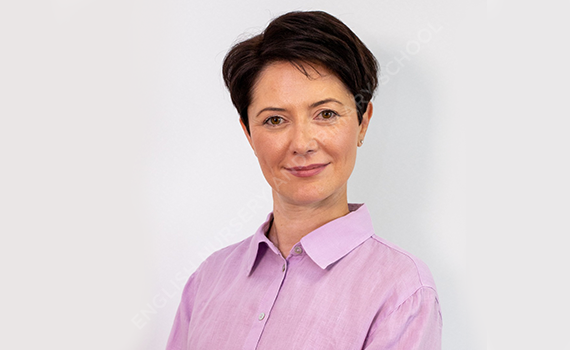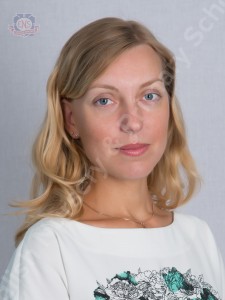Our speech therapy service operates in every branch of the ENS. If a child is to acquire a foreign language, it's vitally important that they have good speech habits in their first language. Not to mention the fact that accurate and beautiful speech is a key to successful learning at school.
Speaking well is often the very thing that lets us occupy a social niche that will ultimately lead to success in general. And language study involves not only correct and accurate pronunciation, but also the auditory attention, phonemic perception, and accurate and consistent connected speech.
All ENS speech therapists are native Russian speakers who have passed the relevant recruitment tests, possess advanced professional qualifications in speech therapy, and have worked in the field for more than five years.
Principal areas of the speech therapy service's work
Speech therapy involves solving several kinds of issues
Diagnostic testing of the child’s level of speech development at the moment of their admission to ENS (admission diagnostic test and subsequent speech therapy examinations).
Timely prophylactic treatment of speech problems, to avert them (especially under bilingual conditions).
Help removing difficulties with recognising or pronouncing sounds, syllable structure, and the production and comprehension of grammatically correct coherent speech.
Creation and development of phonematic perception.
Assistance with speech development aimed at perfecting it in line with the child’s age and individual needs, within the wider framework of their social development.
Helping children acquire communication skills.
The date for the child’s admission diagnostic test – attended by a speech therapist as well as by a management representative, a senior teacher, and a psychologist – is discussed the first time a family visits one of our kindergartens. The speech therapy segment of the test does not presuppose a single plan that would be the same for every child, because the speech therapist’s first task is to get to know the child in the new kindergarten environment. That means finding a common language with the youngster, making contact, establishing the state and level of their overall speech development, and, if possible, assessing their pronunciation, their ability to distinguish phonemes, and any peculiarities of their grammatical structure and connected speech.
The admission diagnostic test takes the form of a conversation first with the child, and then with their parents too.
At the end, the speech therapist may give the parents some necessary recommendations as well as telling them what the express diagnostic test revealed about the level of the child’s speech development (assuming the child participated in quality speech contact with the adult).
If the diagnostic goes well — the work at ENS really begins.
